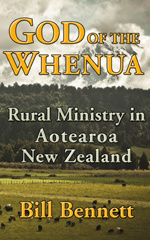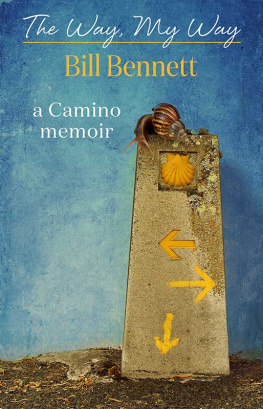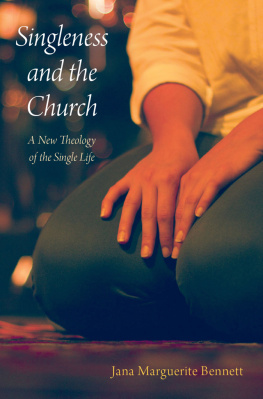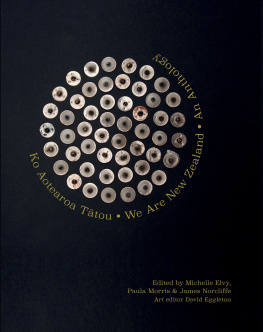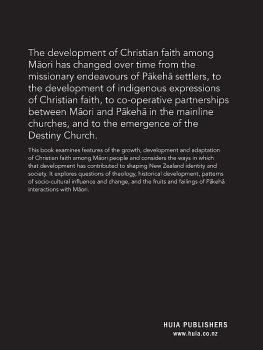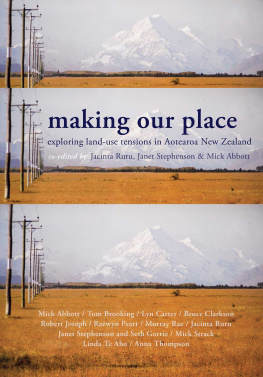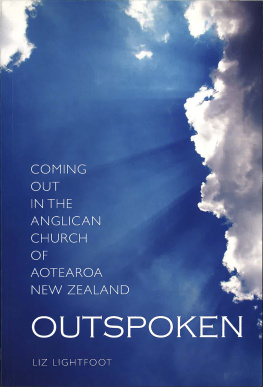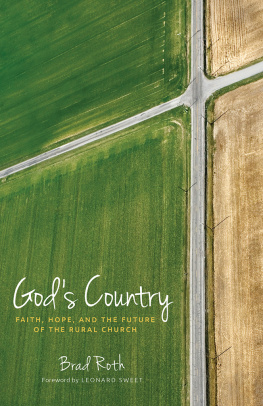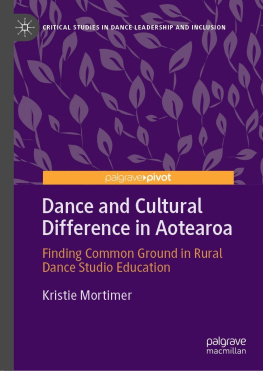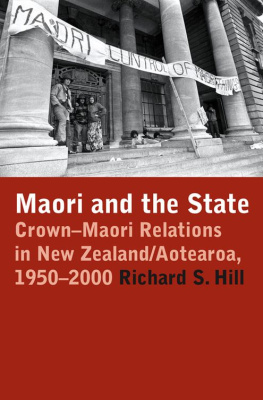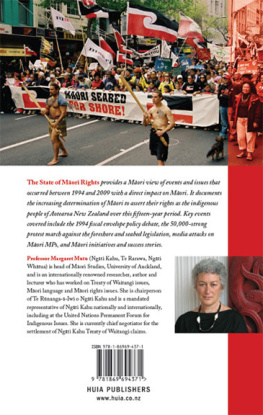Table of Contents
God of the Whenua
Rural Ministry in Aotearoa New Zealand
Bill Bennett
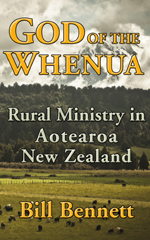

First published in print format 2005 by Philip Garside Publishing Ltd.
eBook text copyright 2013 Bill Bennett
All rights reserved.
This book or any portion thereof may not be reproduced
or used in any manner whatsoever without the express written permission
of the publisher except for the use of brief quotations in a book review
Cartoons have been used with the artists permission
The publishers gratefully acknowledge the generous support of this book project by
The Henry and William Williams Memorial Trust
Cover image:
Detail from photograph of countryside near Mt Ruapehu by Alexander Garside.
Cover & book design: Philip Garside
Philip Garside Publishing Ltd
PO Box 17160, Karori,
Wellington, New Zealand 6147
Email books@pgpl.co.nz
Web www.pgpl.co.nz
ISBN 978-0-9582682-9-5 Smashwords edition
Foreword
This is a book thats long been waiting for someone to write it. No one is better placed to do the job than Bill Bennett. His life time of rural ministry experience informs every page, but never in a manner that sets him up as the expert. Instead, in his customary unassuming way, he draws constantly on the stories of others across the whole church and the whole country.
Bills survey is ecumenical, nationwide and surprisingly bicultural as well. He looks constantly for Maori perspectives on models of ministry and theological understandings of land, community and personal identity. In what is for me the most valuable section of the book, he gathers a series of themes about the nature of God common to both cultures. At a time when Anglicans are rediscovering the call of their churchs constitution Te Pouhere to find the common ground between the Tikanga, this contribution is especially timely.
The publication will stand as a definitive survey of rural ministry. Bill and others, I think of Hugh Paterson, Garth Cant, Robyn McPhail and Boyd Wilson to name only a few whose work has enriched my understanding, have pioneered this branch of theology as a distinct discipline.
But the value of the book goes well beyond a reference work. He raises some critical questions about Pakeha identity. There is a sharp edged section on the unfinished business that our missionary and settler church forebears brought with them, importing models of church and understandings of God that were already losing their currency back in Europe.
I was equally challenged by Bills analysis of the local shared ministry model of rural church and his reminder that, far from being a strategy for survival of the status quo, the original impetus of this model was indigenising the Gospel, digging it deeper into the soil of each local culture.
As a source of inspiration for the future of the small, local church in rural New Zealand, this book is essential reading. And although Bill would be horrified to think this work will have enduring value, it will be also be read as a tribute to a modest pioneer and faithful practitioner of rural ministry.
John Bluck, Bishop of Waiapu 2005
Preface
This study brings together diverse facets of rural ministry in Aotearoa New Zealand. It explores historical and cultural antecedents, the journeys and explorations of the Maori and Pakeha church, where they differ and where their paths are crossing, along with the significant influences that are bringing new directions in the landscape of rural faith and the ministry structures of the rural church.
It looks at a theology of land, first through the eyes of two significant overseas theologians, Walter Brueggemann and Geoffrey Lilburne. They provide a backdrop for discussing a theology of land in Aotearoa New Zealand. An attempt is made to find some areas of commonality. The rural church has been profoundly affected by economic and social change in the nation, as well as theological and liturgical revolution in the wider church. How these forces for change have affected rural congregations is also explored and analysed.
Profiles of selected parishes and rohe (Maori districts) are included. These help anchor the study in current congregational developments. I wish to thank all who contributed and took the time to compile these, often in conjunction with wider support groups.
The final chapter covers two aspects of rural ministry: first, a theology of mission and ministry that may be seen as a starting point for all who minister in rural areas; and second, a flagging of issues and developments that the rural church is facing or will encounter in the coming few years.
This study has an ecumenical scope, in particular the traditional churches and their ministries Methodist, Roman Catholic, Presbyterian and Anglican. It is these churches that still maintain a rural presence and ministry. It is also written out of a Pakeha perspective, yet tries to honour the unique theology and flavour of the Maori church. Clearly there is still a long way to go in this cultural interaction of ideas and practices.
I acknowledge the great assistance of Garth Cant and Robyn McPhail, the advice of Brent Swann and Bill Tuhiwai, as well as the permission of Murray Ball and David Henshaw to use their comic drawings. Finally, my sincere thanks to the Ecumenical Institute for Distance Theological Studies for enabling this work to come to birth.
Bill Bennett
1
Tangata Whenua and Manuhiri Land and our Cultural Agendas
Any traveller in Aotearoa New Zealand cannot avoid spending some part of their time on their journey going through the rural countryside. They will see paddocks of cattle, sheep and deer. Occasionally, on secondary roads, they will meet a mob of stock on the move guided by professional drovers or local farmers with their dogs. They will see the landscape colours change with the seasons and weather conditions. In some places the scars of soil slips on hill slopes will be evident. In dairy farming areas at least two things will remind them of where they are: the blip-blip sound of a nearby electric fence affecting the car radio, and the dirty trails left by herds crossing from one side of the road to the other.
Such experiences may remind us of our rural roots. They reinforce the myth we want to believe that we are all outdoor people at heart. We recall childhood holidays on a relations farm. We dream of life in the country. Occasionally, the traveller will spot a small country church, set on its own or in a small town or hamlet. The questions arise who are the people who live in the country, what are their hopes and dreams, how did they get here, what keeps them here, how do they farm the land, and what is the nature of the church community?
This book reflects on these questions in relation to the churchs mission and ministry to those living in or involved with the rural community. Aotearoa New Zealand has a history of human occupation since the 1213th centuries. The different waves of occupation brought different customs and technologies. The last two centuries have seen the most change.
Three attitudes to land
It will be helpful to commence an exploration of these issues by reflecting on three attitudes to land which were expressed at a rural ministry seminar, held at Waerenga-a-hika, 12 kilometres from Gisborne in 1982, entitled Land, Church and Community . Although the seminar was held some time ago the viewpoints expressed are typical of the diversity of attitudes that continue to be encountered.

